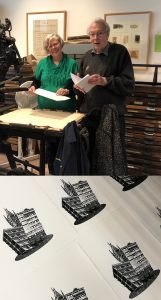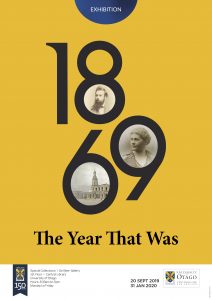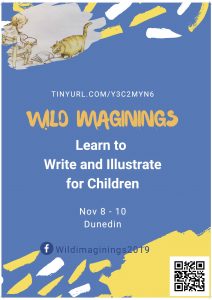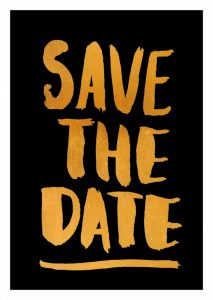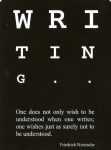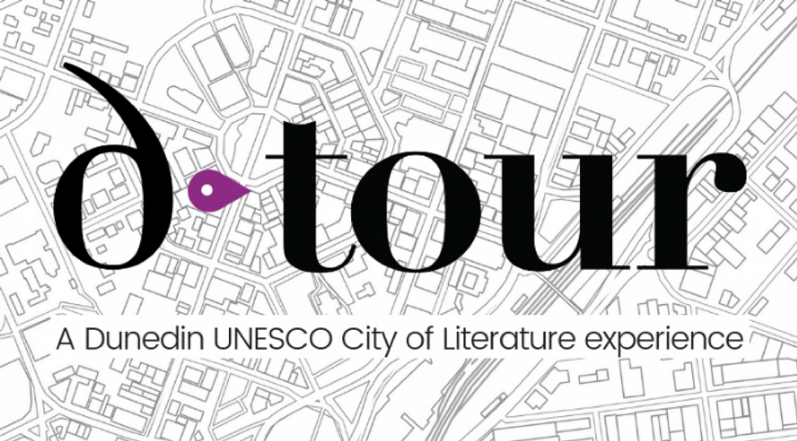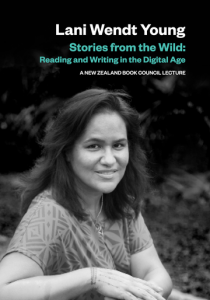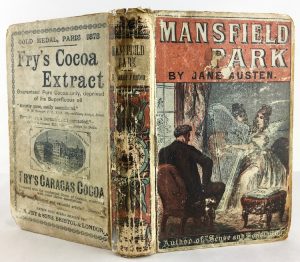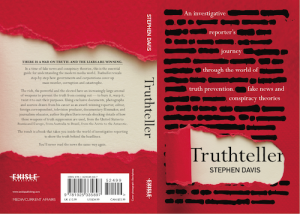
Please join us on Thursday the 8th of August at 5:30 pm in Archway 1 to hear Stephen Davis on this this timely topic.
The Centre for the Book is delighted to host a provocative talk by investigative reporter, TV journalist and writer Stephen Davis. The talk is entitled Faking It: Understanding the Modern World of Truth Prevention, Fake News and Conspiracy Theories, He will be speaking about his new book, Truthteller, recently published by Exisle Publishing. The book “is an essential guide to how governments and corporations cover up murder, corruption and catastrophe, for teachers, students and concerned citizens who want to know the facts, not fake news. Using exclusive documents and interviews from a career as an award-winning reporter, editor, foreign correspondent and television producer, Stephen Davis reveals shocking details of deceptions from Brazil to Antarctica, London to Los Angeles.”
Stephen Davis has been on the front lines of journalism for three decades as an investigative reporter in TV, magazines and newspapers and as a leading journalism educator, trying to uphold the ideals of the fourth estate, and to inspire his students to do the same. Along the way he has encountered lying politicians and corporate con men, spies and special forces soldiers, secret policemen and scared scientists. Among those who have tried to dissuade him from reporting his stories: men with Kalashnikovs, government lawyers, corporate PRs in fancy suits, senior police officers, billionaires, and newspaper owners. Davis has worked for The Sunday Times in both London and Los Angeles, been a war and foreign correspondent, a TV producer for 60 Minutes and 20/20, a newspaper editor, a documentary film maker for the BBC and Discovery, and has taught journalism to thousands of students from all over the world. He has won multiple awards for his investigative reporting, including a silver medal at the New York film and television awards, and has designed and run journalism degree programs in London, Sydney and Melbourne.
We hope you can join us for a different slant on the issue of what print can do in the world.
 We’re sad to announce that for personal reasons Professor Maryanne Wolf will no longer be visiting Otago University in March.
We’re sad to announce that for personal reasons Professor Maryanne Wolf will no longer be visiting Otago University in March.

